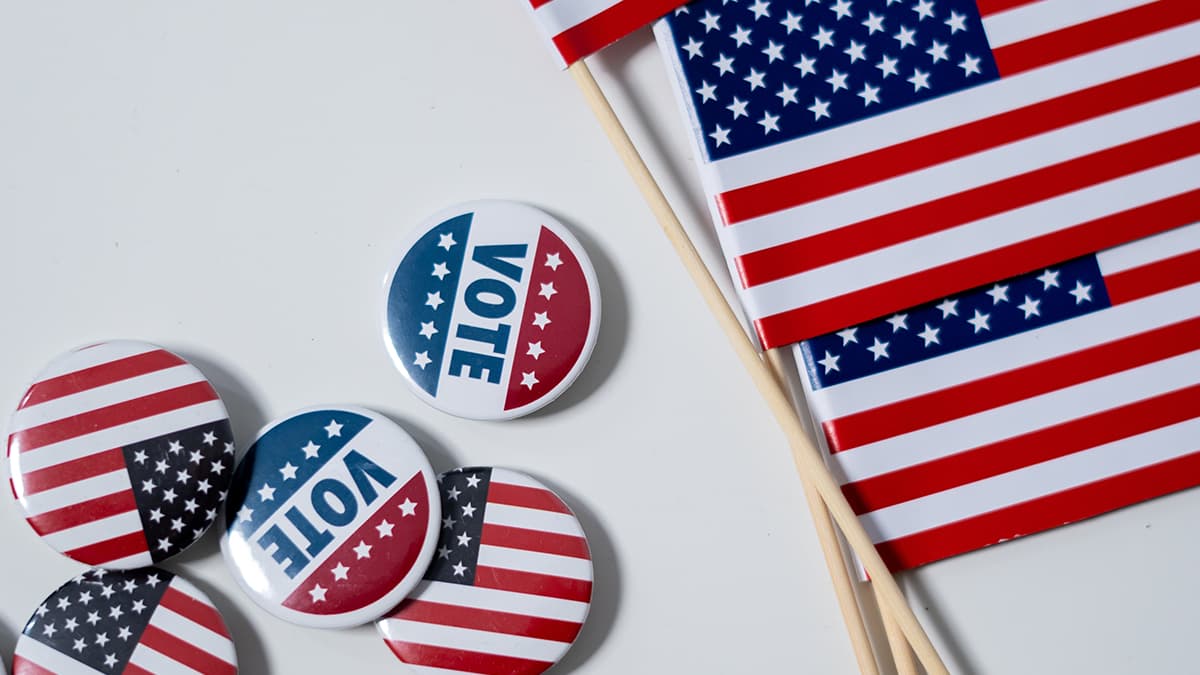
Solution
Safeguarding elections and the people who run them
Congress must provide election officials with federal resources and increased protections to counter growing threats to American democracy.
The Problem:
U.S. elections are free, fair, and secure. Yet, the infrastructure undergirding elections is under increasing strain, as are the essential workers who keep them running. Election infrastructure is chronically underfunded, placing strains on election officials to run secure elections. As cyber and online threats have increased, election officials have had to expand their expertise and administrative capacity on issues including cybersecurity, digital communication, ballot audits, and generative artificial intelligence, to name a few. They do this even as they continue to meet their core responsibilities of managing voter registration and voter records, processing candidates and ballots, facilitating all phases of voting, and counting votes.
In addition to substantial resource challenges, election workers in nearly every state, at every level of authority, and across the political spectrum face a continuing avalanche of harassment, threats, and abuse. They continue to be targeted simply for doing their jobs and ensuring that votes are cast and counted accurately. The ongoing pressure has driven many experienced election officials to quit their jobs, leaving election offices with less institutional knowledge and trusted voices at a time when they are most needed to run secure elections.
Solutions:
Congress must step up to provide adequate funds as part of regular appropriations cycles for our critical election infrastructure that state and local election workers can rely on to meet basic modernization, staffing, and security needs. In a national poll commissioned by Issue One, 69% of Americans believe that the federal government should be equally, if not more, responsible than state and local governments when it comes to funding elections.
Election workers need Congress to appropriate at least $400 million in Election Security Grants for fiscal year 2025. They only appropriated $55 million in FY 2024. Increasing investment will support every jurisdiction in every state to secure elections from the increasingly complex threats they face. To ensure funding gets to where it’s most needed, at least half of these funds should be directed to election offices at the local level.
At least 14 states have enacted laws specifically addressing protections for election officials and poll workers. Congress must also enact protections for election workers that will effectively blunt the barrage of stalking and threats they encounter just for doing their jobs. This includes protections that specifically shield the personal information of at-risk workers and family members from people who could use that information to threaten or attack them. Doxxing — sharing someone’s personal information with malicious intent — has become an integral part of the unceasing attacks against election workers in recent years. Congress can disrupt the threat multiplier of doxxing by giving election workers the ability to proactively protect their personal information, and by making intimidation of election workers a federal crime.
Effective election official and worker protections legislation should include:
- A broad definition of election worker that encompasses elected and appointed officials, full-time, part-time, regular, temporary, and volunteer workers.
- Enforcement mechanisms to deter intimidation of or interference with election workers through strong penalties.
- Outlawing the intentional release or spread of personal information for the purpose of intimidating or threatening election workers and their immediate family members.
- An affirmative right and process for election workers to request the removal of personally identifying information from government databases, private websites, social media sites, and data brokers.
- A grant program to provide state and local agencies with funding for training on deescalation tactics and to create or expand programs designed to protect the personal information of election workers.

